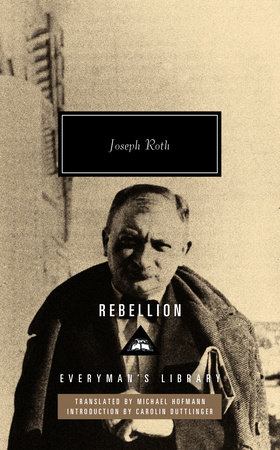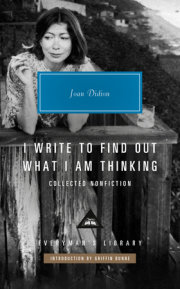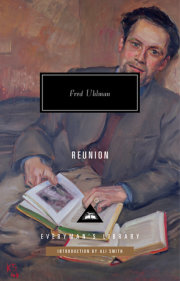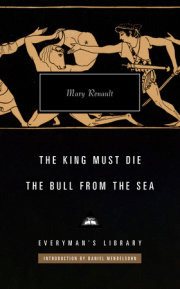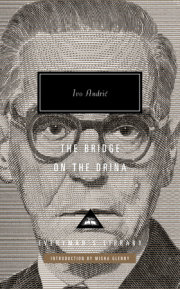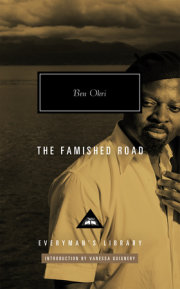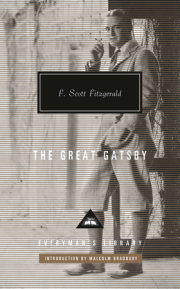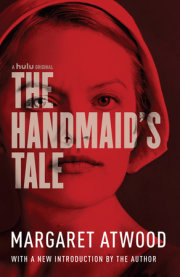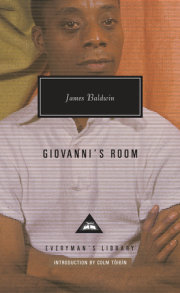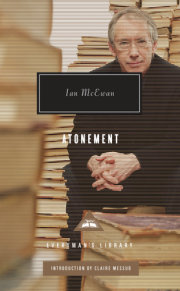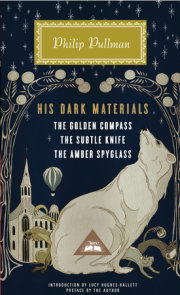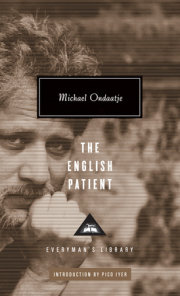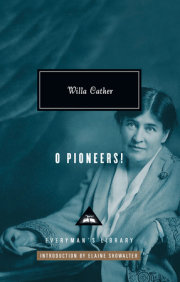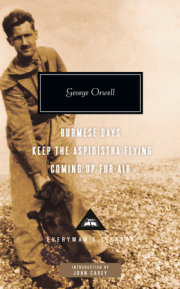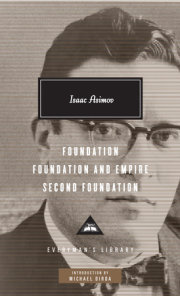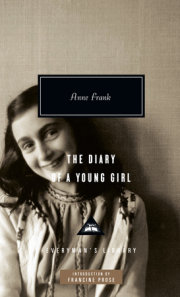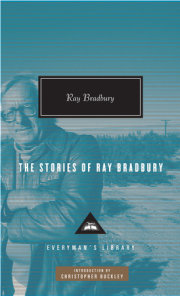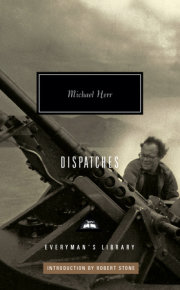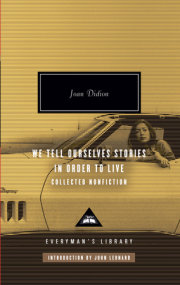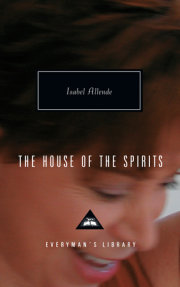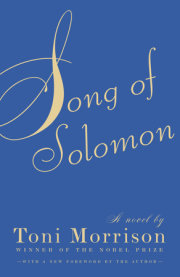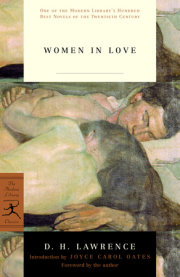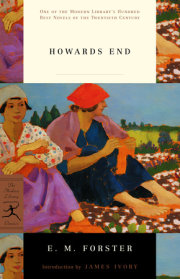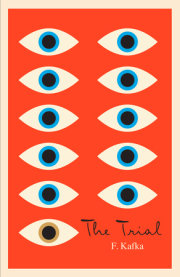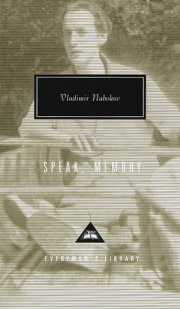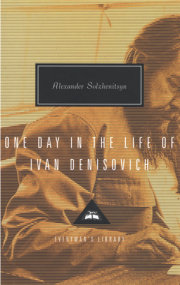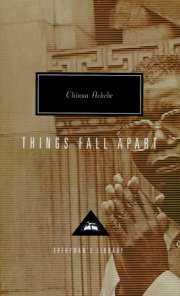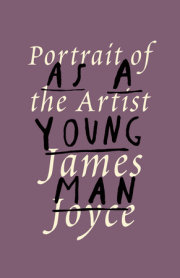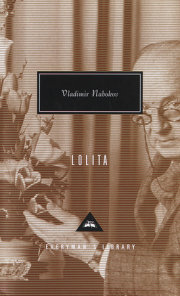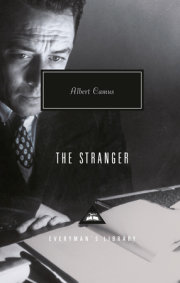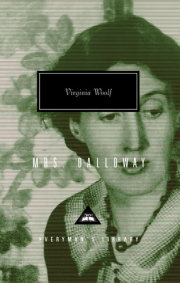from the Introduction by Carolin Duttlinger
Born in 1894, Joseph Roth grew up in the shtetl of Brody in East Galicia (modern-day Ukraine), on the outer reaches of the Habsburg Empire. From 1913, he studied German literature and philosophy, first in nearby Lemberg (Lviv) and then in Vienna. A pacifist, he initially opposed the war but subsequently felt ashamed of his own stance, and so in 1916 he volunteered to join the Austrian army and served on the Eastern Front as a war correspondent. This experience shaped his later career. After World War I, Roth returned to Vienna and started writing for various newspapers. Two years later, he moved to Berlin where he quickly established himself as one of the leading journalists of his time. His principal association was with the centre-left
Frankfurter Zeitung, for which he travelled across Europe as its arts correspondent.
Die Rebellion was Roth’s third novel, following the unfinished
Das Spinnennetz (
The Spider’s Web, 1923) and
Hotel Savoy (1924). All three novels were first serialized in newspapers, and all three of them feature protagonists who have returned from the war.
Rebellion starts at the tail end of the war; it tells the story of Andreas Pum, who has been discharged from the army with an amputated leg and an iron cross. At the beginning, we meet him as he and fellow invalids are being treated at the ‘24th Military Hospital’. Though the town is only a half-hour’s walk away, it is out of reach for the injured men, who are blind or lame. They are in limbo, waiting to be discharged back into society and into an uncertain future.
Andreas, though, is relatively content.
“He had lost a leg and been given a medal. There were many who had no medal, even though they had lost more than merely a leg. They had lost both arms or both legs. Or they would be bedridden for the rest of their lives, because there was something the matter with their spinal fluid. Andreas Pum rejoiced when he saw the sufferings of the others.”
For Andreas, the suffering of others is a validation of his own moral superiority, confirmed by a just society and indeed of a just God, who metes out
“shrapnel, amputations, and medals to the deserving. Viewed in the correct light, the loss of a leg wasn’t so very bad, and the joy of receiving a medal was considerable. An invalid might enjoy the respect of the world. An invalid with a medal could depend on that of the government.
The government is something that overlies man like the sky overlies the earth. What comes from it may be good or ill, but it cannot be other than great and all-powerful, unknowable and mysterious, even though on occasion it may be understood by an ordinary person.”
In these troubled times, such a holistic world view, in which the divine and the worldly order do not oppose but rather stabilize and mirror each other, may seem surprising. On closer inspection, though, his is a defensive stance, fed by fear and even hatred of those who challenge the status quo. In his mind, anyone who rages against the war or the government is a ‘heathen’. This morally loaded term is applied not only to revolutionaries, thieves and drunks, but also to the weakest in society, namely those suffering from (physical or mental) illness:
“How many such specimens Andreas could have produced from his hospital time alone, where the wards were acrawl with godless individuals! How many had ugly, disfiguring, and highly infectious diseases! . . . Whereas Andreas was pure in body and spirit, he had gone through life as though inoculated against sins and sufferings, an obedient son to his father, and later on a briskly compliant subordinate to his superiors.”
While those who are ill, weak or angry have only themselves to blame, Andreas casts himself in a glowing light, as a beacon of morality, ‘devout, mild, law-abiding, and dwelling in complete harmony with divine and human laws’. Here, as in the previous passages, the narrative blurs the line between worldly and divine authority. This, incidentally, is the only point where the text mentions Andreas’s father, but this figure remains strangely abstract, one piece in the bigger jigsaw of social authority.
Andreas’s attitude is chilling but not unusual for the time. It reflects one of the keywords of the Weimar period, namely the notion of
Daseinskampf, of life as the perpetual struggle of all against all. In Nietzschean philosophy, another person’s misfortune is equivalent to one’s own ascent. This position marks the starting-point of a narrative in which Andreas’s belief and indeed his entire identity gradually unravel. While he ends an aged and broken man, his downfall and humiliation will bring about his spiritual rebirth and with it a more compassionate outlook.
Roth’s fast-paced novel falls roughly into two parts. The first six chapters trace Andreas’s ascent from an invalid to a happily married man respected by society. In the seventh chapter, the narrative suddenly shifts from his story to that of Herr Arnold, a philandering businessman, who will cause Andreas’s downfall. That said, long before this turning-point we get indications of worse to come. The narrative is filled with a sense of foreboding, with subtle signs that Andreas’s optimism and faith in God and the system are blinkered and in fact dangerous.
One site where this sense of foreboding manifests itself is the body. The new methods of industrial warfare had inflicted unprecedented damage on soldiers’ bodies, and the fate of the damaged survivors became the subject of heated political debate between pacifists and advocates of the military and the monarchy. Left-wing commentators in particular drew attention to soldiers’ horrific injuries to make the case against warfare. One famous example of this debate is Ernst Friedrich’s bestselling photobook
Krieg dem Kriege (
War against War, 1924), published in the same year as Roth’s novel, which assembles graphic photographs of mutilated bodies. These same bodies also feature in Expressionist art: in the paintings of Otto Dix, George Grosz and Ernst Ludwig Kirchner, while Expressionist drama staged the trauma of the war through surreal and nightmarish scenes. The protagonist of Ernst Toller’s 1923 play
Der deutsche Hinkemann (
The German Hinkemann) has lost not his limbs but his genitals in the war, while former soldier Karl Thomas in Toller’s 1927 play
Hoppla, wir leben! (
Oops, We’re Alive! ) starts off in a mental asylum and ends up committing suicide. Compared to these characters, Roth’s Andreas Pum seems strangely untroubled by his injury and the war. True, he has lost a leg, but he is the fastest and fittest among the patients, and has even been awarded an iron cross in recognition of his bravery. Later in the novel Andreas recalls his traumatic injury with curious understatement. Playing on the euphemism of having ‘lost’ his limb, he describes how he let his lower leg ‘drop’ out of the knee joint (‘[es] aus dem Kniegelenk fallen ließ’). But the narrative belies his apparent stoicism as it keeps returning to his stump and missing limb, which become a barometer of Andreas’s changing fortunes. The prosthesis promised to him by the head doctor never arrives. Instead, Andreas has to make do with a wooden peg which is strapped to the stump. In his early days as a hurdy-gurdy man, he is troubled by phantom pain, particularly before a rainy day, but after his wedding, the pain miraculously disappears, as ‘in its freshly padded extension, his stump was as warmly cushioned as if it were in the hollow of a woman’s loving hand’. Revealingly, his pain reappears in the night after his clash with Herr Arnold and the authorities, when Katharina has left him for another man:
“His missing leg hurt him again, for the first time in a long time. He unbuckled his leg, and felt his stump. It had the shape of a flattened cone. The flesh was crisscrossed with faint cracks and hollows. When Andreas put his hand on it, the pain eased. But the other pain in his heart was unappeasable.”
Here, as in Freud’s case studies of hysterical and neurotic patients, the body betrays what is repressed by the (conscious) mind. Indeed, it is only in prison that he can admit to himself that in losing a leg, he ‘lost a piece of himself and carried on living’.
The close but oblique connection between body and mind becomes more readily apparent in the second chapter when Andreas faces the medical commission who are to decide his fate. Being a
Zitterer or ‘trembler’, that is, a soldier suffering from shell shock, is a much-coveted condition among the patients, for it allows the sufferer to remain in the hospital, sheltered from destitution. Only one of the inmates, the blacksmith Bossi, is suffering from this condition; he is watched with a mixture of awe and envy by the other patients, including Pum, who tries to emulate his trembling. But when he is examined, this tremor becomes real:
“Suddenly, Andreas began to shake. He saw the head of the commission, a senior offi cer with a gold collar and a blond beard. Beard, face and uniform collar blended into an impression of white and gold. ‘Another shell-shock case,’ somebody said. The crutches in Andreas’s hands began to skitter across the floor all by themselves. A couple of orderlies leaped to their feet to assist him.”
Andreas’s trembling is no sham, no performance, but a spontaneous response. As a result, he is granted the coveted barrel-organ licence, but the experience leaves him faintly troubled, as he later toys with the idea of seeing a doctor. Indeed, this episode is a warning sign, a foretaste of things to come, for it foreshadows that fateful encounter on the tram when Andreas once again loses control over his mind and body when faced with figures of authority.
First, though, Andreas feels happy and reassured, ready to take on the world. He calls his trembling fit a ‘miracle’, and this word is used once again at the start of chapter six, after he has fallen in love with the newly widowed Katharina Blumich. Their courtship is very quick; Andreas moves in with her only a few weeks after the death of her husband. Their marriage gives Andreas a sense of home and sexual fulfilment. Most importantly, it gives him a family. As the narrator reveals, it is not Katharina who is dearest to him: ‘He loves everything in the world, and most of all two – are they things or people? They belong together, though they’re of different species. Andreas loves Anni and he loves Mooli, he loves the little girl and the donkey.’ While the donkey Mooli pull the cart with his barrel organ on it, Andreas is particularly fond of Katharina’s daughter, five-year-old pale little Anni, whose warm little hand he can feel in his on his ‘long and lonely walk home’. Here, the text shows us a different side to Andreas: not the hostile and suspicious former soldier, but a family man who experiences the ‘beneficent, healing warmth’ of love blossom inside himself.
That said, his new role as an organ-grinder continues to feed Andreas’s sense of self-importance and superiority. Here, however, the narrative also reveals the brittleness of this stance. The hurdy-gurdy permit which he has been granted by the authorities takes on an almost obsessive importance for him:
“Andreas Pum keeps his permit in his wallet, which used to be the leather cover of a notebook that he salvaged from a rubbish heap that he walks past every day. With his permit in his pocket, a man may walk serenely through the streets of the world, though they be swarming with policemen. One need fear no danger; indeed, there is none to fear. No denunciation from any ill-disposed neighbor need concern us. We write the authorities a postcard and tell them what it’s about. We keep our remarks brief and to the point. Our permit puts us on a similar footing to the authorities. The government allows us to play wherever and whenever we please. We may set up our barrel organs on busy corners. Of course, within fi ve minutes the police are there. Let them come! Surrounded by a ring of anxious onlookers, we pull out our permit.”
This passage illustrates Roth’s virtuosic narrative technique of revealing the doubt and uncertainty which lurk close underneath the surface of Andreas Pum’s apparent confidence. The long list of benefits granted by the permit and the repeated reference to the many possible dangers which are fended off by it have the opposite effect to what is intended by this inner monologue. It reveals Pum’s deep-rooted sense of uncertainty in a world populated not only by ‘ill-disposed’ neighbours but also by even more dangerous figures of authority – the police officers who are ‘swarming’ across the city. His licence is the bedrock of Pum’s identity, a shield in a dangerous world, but the emphatic statement that ‘One need fear no danger; indeed, there is none to fear’ rings hollow, as it reveals his barely suppressed panic in the face of a dangerous reality. The fact that he keeps the licence in a repurposed wallet salvaged from the ‘Misthaufen’ underlines the flimsiness of this document and the status it conveys. More fundamentally, the passage illustrates the precariousness of Pum’s world view, where good (God, the state) prevails over evil. As this passage shows, even the supposedly ‘good’ authorities are subliminally seen as a threat from early on in the narrative. Indeed, in the novel the entire city is cast as a danger zone, even a potential death trap, as the narrator tells us that ‘the street is our enemy’, where, in winter, ‘we fall, robbed of our mobility by the cold’. This sentiment was in tune with the febrile mood of the times, which many contemporaries experienced as a perpetual state of emergency. . . .
Copyright © 2022 by Joseph Roth; Translated by Michael Hofmann; Introduction by Carolin Duttlinger. All rights reserved. No part of this excerpt may be reproduced or reprinted without permission in writing from the publisher.

